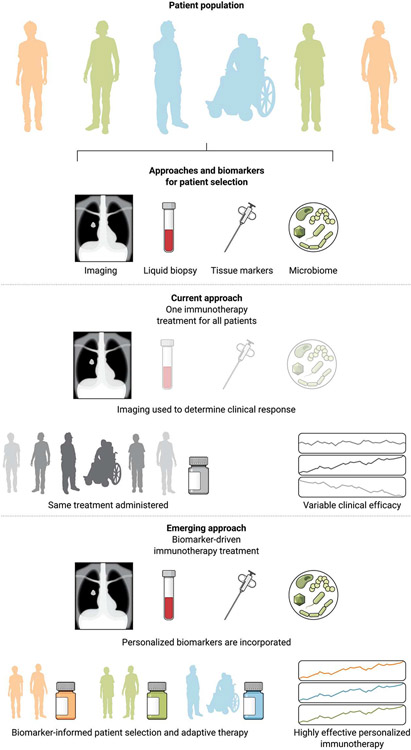Fig. 2. Paradigm shift toward a precision immuno-oncology approach.
Current treatment strategies for cancer immunotherapy remain unselected for biomarkers, with the exception of PD-L1 expression and TMB-selected ICI. The current standard of care for assessment of therapeutic response is determined on the basis of radiographic imaging, which does not always capture the nature and timing of response. There are several other biomarkers such as liquid biopsy, tissue markers, and the microbiome that could be used to better monitor and predict patient outcome that are not used. This one-treatment-fits-all approach results in variable clinical efficacy. Patient selection and stratification based on the genomic and molecular make up of tumors and their microenvironment may enhance the clinical efficacy of immunotherapy approaches and improve clinical outcomes. To this end, biomarker-driven clinical trials have the potential to further improve the therapeutic efficacy and long-term outcomes with cancer immunotherapy.

